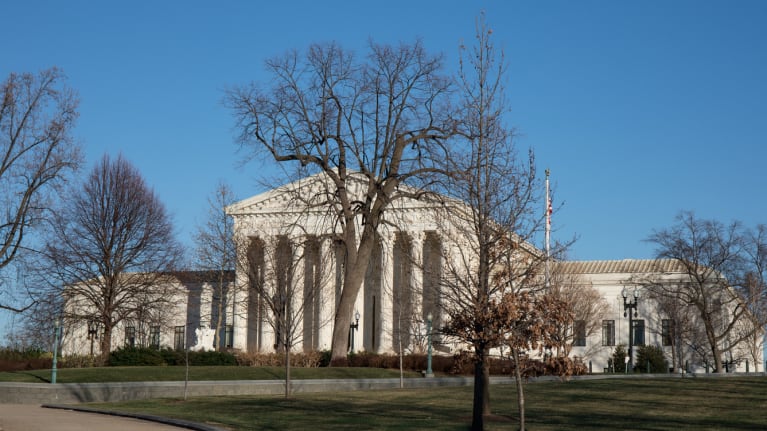
The U.S. Supreme Court and federal agencies altered employment law in 2023, prompting HR professionals to review and revise their handbooks. The U.S. Supreme Court, in particular, dismantled affirmative action in college admissions, despite the support of many companies for affirmative action, and fortified the standard for religious accommodations.
These opinions dominated the news, but a decision from the National Labor Relations Board (NLRB) that sparked the revision of many employers’ handbooks attracted the most reader interest of any SHRM Online employment law article this year.
Other topics attracting reader interest this year ranged from the revised I-9, outlawed state noncompete agreements, coordinating leave obligations under the Americans with Disabilities Act (ADA) and the Family and Medical Leave Act (FMLA), and the U.S. Department of Labor’s (DOL’s) proposed overtime rule.
Here are summaries of some of the most significant and popular employment law articles from 2023.
Handbooks Need Revision Following NLRB Ruling
Many employer handbooks and policies likely had to be reviewed and revised following a landmark Aug. 2 ruling by the National Labor Relations Board (NLRB), Stericycle.
“This ruling, in a word, is huge,” said David Pryzbylski, an attorney with Barnes & Thornburg in Indianapolis. “This decision may invalidate countless workplace rules maintained by private-sector employers—whether they are unionized or not.”
Supreme Court Dismantles Affirmative Action in College Admissions
On June 29, the U.S. Supreme Court voted in a 6-3 decision to curb affirmative action in higher education. The ruling came in response to a pair of lawsuits accusing Harvard University and the University of North Carolina of racial discrimination in admissions.
In a response to the ruling, SHRM reaffirmed its commitment to advocating for inclusive workplaces and diverse workforces.
Supreme Court Fortifies Standard for Religious Accommodations
The U.S. Supreme Court ruled in a unanimous decision on June 29 that employers can deny an employee’s request for a religious accommodation under federal law only if they can prove it would result in substantial increased costs for the business.
What Employers Should Know About the Updated Form I-9
U.S. Citizenship and Immigration Services (USCIS) announced July 21 a new Form I-9—which has been streamlined and shortened—that employers could use beginning Aug. 1, 2023. Employers were able to use the older Form I-9 (Rev. 10/21/19) through Oct. 31, 2023.
States Outlaw Noncompete Agreements
A growing number of states have banned noncompete agreements, leaving employers to grapple with a patchwork of different state-level requirements and federal actions.
“We are seeing a very clear trend of increasing hostility to the use of noncompete agreements,” said Daniel Kadish, an attorney with Morgan Lewis in New York City.
The End of FMLA Time Off May Be the Start of ADA Leave
Potential leave entitlement doesn’t end with the exhaustion of 12 weeks of leave under the FMLA but may be extended for a specified period of time under the ADA, so long as that doesn’t result in an undue hardship on the employer. HR needs to coordinate ADA and FMLA obligations, including for health insurance and return to work.
Overtime Would Become Available to Millions More Employees Under Proposed Rule
Millions more workers would be eligible for overtime under a proposed rule released by the DOL on Aug. 30. If the rule is finalized and implemented, overtime protections would be extended to approximately 3.6 million more workers, according to the DOL.

